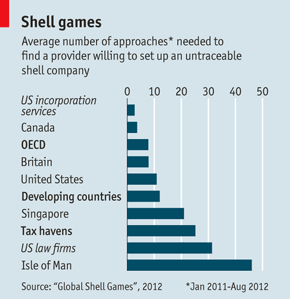Writing at Maclean’s, Colby Cosh outlines the case against Globe and Mail columnist Margaret Wente and the Globe‘s public editor Sylvia Stead:
Journalistic plagiarism is ordinarily regarded as what a lawyer would call a strict-liability offence. It may not be deserving of a career death penalty in any particular case, but the evidence of plagiarism usually suffices to establish the crime. Stead’s procedure as a public editor appears to involve looking into the soul of the accused and searching therein for gremlins. Does she, one wonders, believe in the objective existence of plagiarism at all? Again, she does not use the term, and she will not believe that Wente had heard even a rumour, even a whisper, of Gardner’s prior work for the Citizen.
Well, it is not likely there will ever be a case in which Stead is presented with close-up video footage of Wente using her mouse to highlight someone else’s words and pressing Control-C and Control-V. That is why the strict-liability standard is usual. If Stead will not apply it — if she is willing to accept any denial from a fellow Globe lifer, however preposterous — then how can she ever, as an impartial judge of journalism ethics, deliver a conviction? Can it be that the whole point is to have the appearance of accountability without the actual possibility of it?
Update, 24 September: Chris Selley in the National Post:
I think I’ve narrowed down my top two discreditable aspects, though: One, Stead’s reference to the fact that Wente “writes three times a week,” which could only pertain to a defence of overwork; and two, this astonishing sentence: “There appears to be some truth to the concerns but not on every count.”
Here’s the thing. I have some experience cornering plagiarists, and these are two of their standard defences: “Most of the allegations aren’t that bad,” which of course says nothing about the worst of them; and “I’m so busy,” which isn’t a defence at all but rather an appeal for clemency. And yet here is Sylvia Stead, Public Editor of The Globe and Mail, effectively raising these arguments on Wente’s behalf. This isn’t public editing; it’s public relations, and inept public relations at that.

 The international standard governing shells, set by the inter-governmental Financial Action Task Force (FATF), is clear-cut. It says countries should take all necessary measures to prevent their misuse, such as ensuring that accurate information on the real (or “beneficial”) owner is available to “competent authorities”. More than 180 countries have pledged to follow it. A study* scrutinises the level of compliance worldwide. The results are depressing.
The international standard governing shells, set by the inter-governmental Financial Action Task Force (FATF), is clear-cut. It says countries should take all necessary measures to prevent their misuse, such as ensuring that accurate information on the real (or “beneficial”) owner is available to “competent authorities”. More than 180 countries have pledged to follow it. A study* scrutinises the level of compliance worldwide. The results are depressing.

